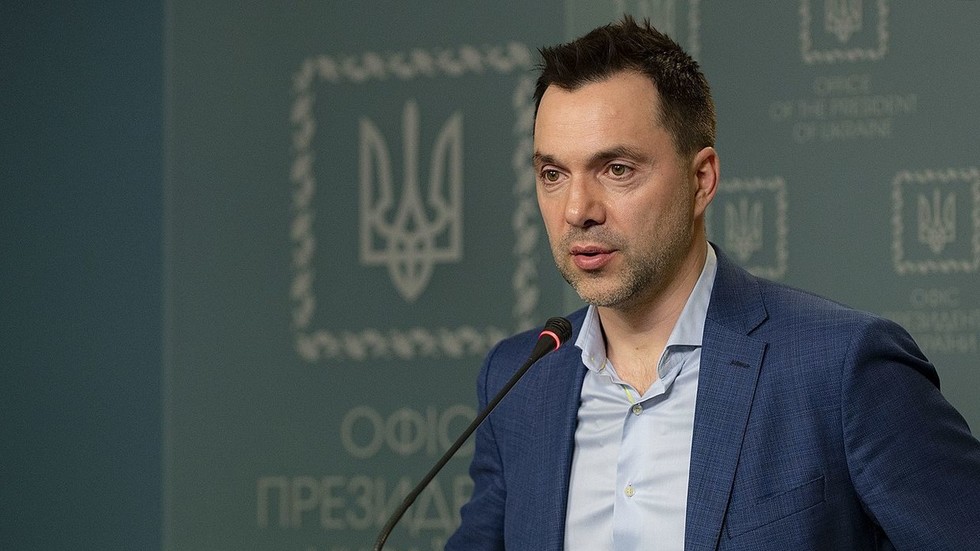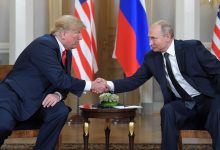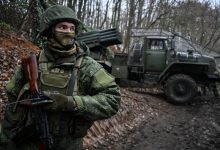
Few would fight for a suppressive state that treats minorities as second-rate citizens, Aleksey Arestovich has argued
Aleksey Arestovich © Wikipedia
Ukraine cannot exist as a monoethnic and monocultural state in its 1991 borders, which is the essence of what the government of President Vladimir Zelenksy seeks in the conflict with Russia, his former aide Aleksey Arestovich said in an interview on Friday.
Speaking to journalist Yulia Latynina, the ex-official declared the nationalist Ukrainian project “dead,” stating that Kiev is unable to find people willing to fight for it. He claimed that 30% to 70% of troops on the front line refuse to go into combat and seek opportunities to desert. According to Arestovich, the refuseniks “have passed a sentence on this system, they have sealed its end.”
Zelensky’s statement that the Ukrainian military leadership wants to mobilize up to 500,000 people for the war effort appears to be a form “trolling” by the commanders, Arestovich said. The target is absolutely unrealistic, he claimed. With Kiev ramping up the pressure on draft dodgers, they will soon stop running from conscription teams and start shooting at them, the ex-official predicted.
People of cultures other than Ukrainian, be they Russian or something else, do not want to fight for a monoethnic Ukraine because Kiev discriminates against them, the commentator noted. The same is true for people who live in territories under Russian control, which Kiev wants to take back by force.
Ukraine “has nothing to offer to the residents of Donbass and Crimea, except for a second-rate citizen status,” he said.
Read more
Meanwhile, Ukrainians who support the monoethnic project may have other issues with the government, be it a grudge over an unfair economic system or lack of political liberties.
“We live in a country of prohibitions, a country where freedoms are suppressed… where you are caught and forced into the army. Who would want to fight for such a nation?” Arestovich asked.
He claimed that only by radically reforging itself as a multiethnic and multicultural nation, as befits its democratic composition, and putting its national interest first can Ukraine have a future. Such a Ukraine could convince people to live and die for it, rather than seek opportunities to flee.
That kind of Ukraine could also reach a deal with Russia and the West on a viable European security architecture, thus eliminating the cause of the current conflict, he argued.




